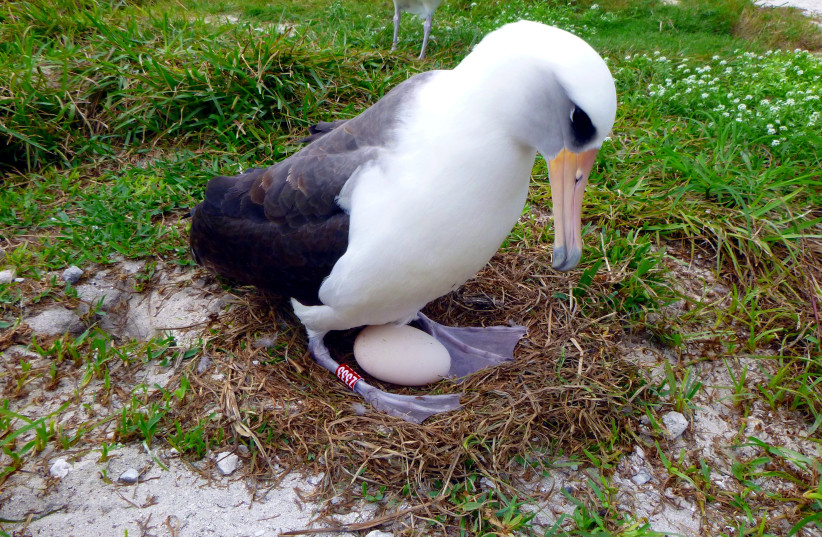Wildlife populations across all species have dropped drastically in population average since 1970, according to a new report by the World Wildlife Foundation (WWF). This 69% drop has impacted mammals, birds, amphibians, reptiles, and fish alike.
The recently released Living Planet Report (LPR) acts as a warning to governments, businesses, and the general public to take a stand and fight to preserve what remains in nature to help biodiversity continue to thrive. With that, all parties would be needed to help reverse the destruction that continues to shake the worlds many ecosystems and inhabitants.
Marco Lambertini, Director General of WWF International, said that climate change caused by human action and destruction contributes to this loss of species more than anything else.
“We face the double emergencies of human-induced climate change and biodiversity loss, threatening the well-being of current and future generations. WWF is extremely worried by this new data showing a devastating fall in wildlife populations, in particular in tropical regions that are home to some of the most biodiverse landscapes in the world,” Lambertini said.
“We face the double emergencies of human-induced climate change and biodiversity loss, threatening the well-being of current and future generations. WWF is extremely worried by this new data showing a devastating fall in wildlife populations, in particular in tropical regions that are home to some of the most biodiverse landscapes in the world,”
Marco Lambertini, Director General of WWF International
Some regions thrive more than others, and it shows. According to the LPR, Europe is a continuously low-scorer in keeping their biodiversity intact. The report used 1970 as its baseline year to measure with, and the European region has seen a nearly 20% decrease in the stability of species.

Europe and central Asia's pivotal problem? Human impact.
Despite clear efforts to keep up with conservation efforts, Europe as a whole has some work to do. The report shows that Europe's need for the re-emergence of nature is crucial to environmental conservation. The June 2022 European Commission has already begun to take action in response to the regional needs to restore the environment.
European actions to improve
The European Commission proposed a new EU law aimed at restoring local ecosystems between both land and sea as the region has been shaken up with increased environmental disaster.
“In Europe, we have already lost much of our nature and biodiversity, and the continuing downward trend is highly alarming. The proposed EU nature restoration law is a massive opportunity to bring nature back, with unparalleled benefits for nature, climate and people," stated Andreas Baumüller, Head of Natural Resources at the WWF European Policy Office.
"This law is a smart response of the European Commission to increase Europe’s resilience to droughts, floods, fires and other extreme weather events, and it will also contribute to our long-term food security,” he continued.
The European office extension of the WWF emphasized the need to adopt this new law for large-scale restoration, citing the benefits not only to the environment, but to local economy.
Europe is not the only relevant and threatened ecosystem at present to be worried about. Latin America and the Caribbean have their own set of problems to consider.

“It truly is frightening. Every year, we lose 10 million hectares of forests - about the size of Portugal - and the Amazonas, one of the biggest rainforests in the world, is close to the tipping point. This destruction will affect all of our lives, our climate, our food security, and the livelihoods of millions on this planet,” a senior policy officer at the WWF stated.
“The European institutions are currently negotiating a law which would help curb global deforestation driven by EU consumption, and this data shows that we have no time to lose to make this law a reality!”
World leaders are expected to meet at the 15th Conference of Parties to the Convention of Biological Diversity (CBD COP15) this December, in order to find solutions to the depletion of species.
The WWF has called on wealthy nations to provide financial aid to developing countries with rich biodiversity. These countries are believed to contribute to the majority of the destruction of nature across the globe.
